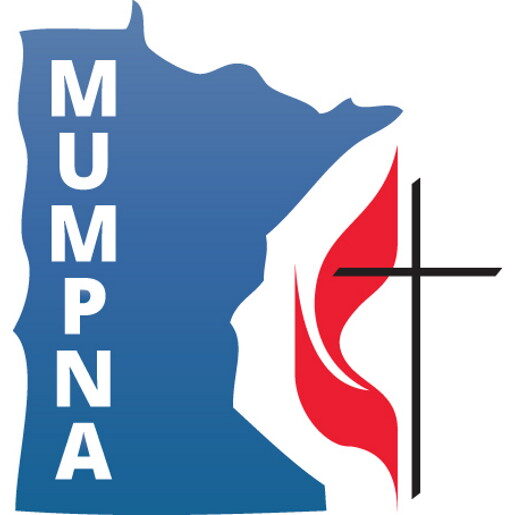What is Parish Nursing?
Parish nursing (also called faith-community nursing) is recognized by the American Nurses Association as a specialty practice, combining nursing with health ministry, emphasizing health and healing in a faith community. Parish nursing was conceived by the Rev. Dr. Granger E. Westberg, author of “Good Grief” and a hospital chaplain, who saw it as a link between physicians and clergy working in health clinics he’d helped found. Westberg envisioned parish nurses working in congregations where they could promote health and healing. The parish nurse could integrate spirituality with all aspects of care while emphasizing prevention and early intervention to all ages. Today there are more than 15,000 parish nurses worldwide.
Depending on a congregation’s needs, the parish nurse may play many roles; integrator of faith and health, health educator and counselor, referral advisor, health advocate, support-group developer, and volunteer coordinator. Besides congregations, settings for parish nurses include long-term care, hospice, day care, soup kitchens, schools, seminaries, and other faith-based community settings.
Parish nursing is based on spirituality, regarding all persons as sacred and worthy of being treated with respect and dignity. Parish nurses serve the faith community, create safe and sacred places for healing, and advocate with compassion, mercy, and dignity. Practicing in collaboration with the pastoral staff and congregants, they participate in the ongoing transformation of the faith community into avenues of health and healing.
The spiritual dimension is central to parish nursing practice. Personal spiritual formation is an intentional process of intimacy with God to foster spiritual growth. It is an ongoing, essential component of practice for the parish nurse and includes both self-care and hospitality, through opening the heart to self and others. The parish nurse role reclaims the historic roots of professional nursing. Each parish nurse practices under the scope and standards of practice and the ethical code of nursing as set forth in their country. Shalom, God’s intent for harmony and wholeness, serves as a foundation for understanding health.
Many clergy are eager to learn more about parish nursing, because much of their work is health-related; visiting ill congregants, helping people find counseling or care resources, and promoting the well-being of the congregation and community. Most clergy who learn about parish nursing see the benefits of having a nurse to help them coordinate and implement the health ministry of the congregation and serve on the leadership team.
Some congregations are reluctant to consider parish nursing, fearing that providing health care can expose them to legal liability. Yet in the 30+ years of parish-nursing practice, no documented instances of lawsuits have been lodged against parish nurses for healthcare-related matters.
Faith-based nursing is attracting seasoned nurses in growing numbers. The work provides autonomy, which allows for creativity and flexibility, as well as the chance to network with community health organizations and providers to create and implement plans for healthier communities. Perhaps most importantly, faith-based nurses work in a setting that encourages people to make body, mind, spirit, interpersonal, and environmental connections for holistic health.
(Adapted from: Parish nursing: Reclaiming the spiritual dimensions of care. Issue Date: October 2008 Vol. 3 Num. 10 Authors: Deborah Patterson, DMin and Barbara Wehling, PhD, RN and Gayle Mason, BSN, RN)
